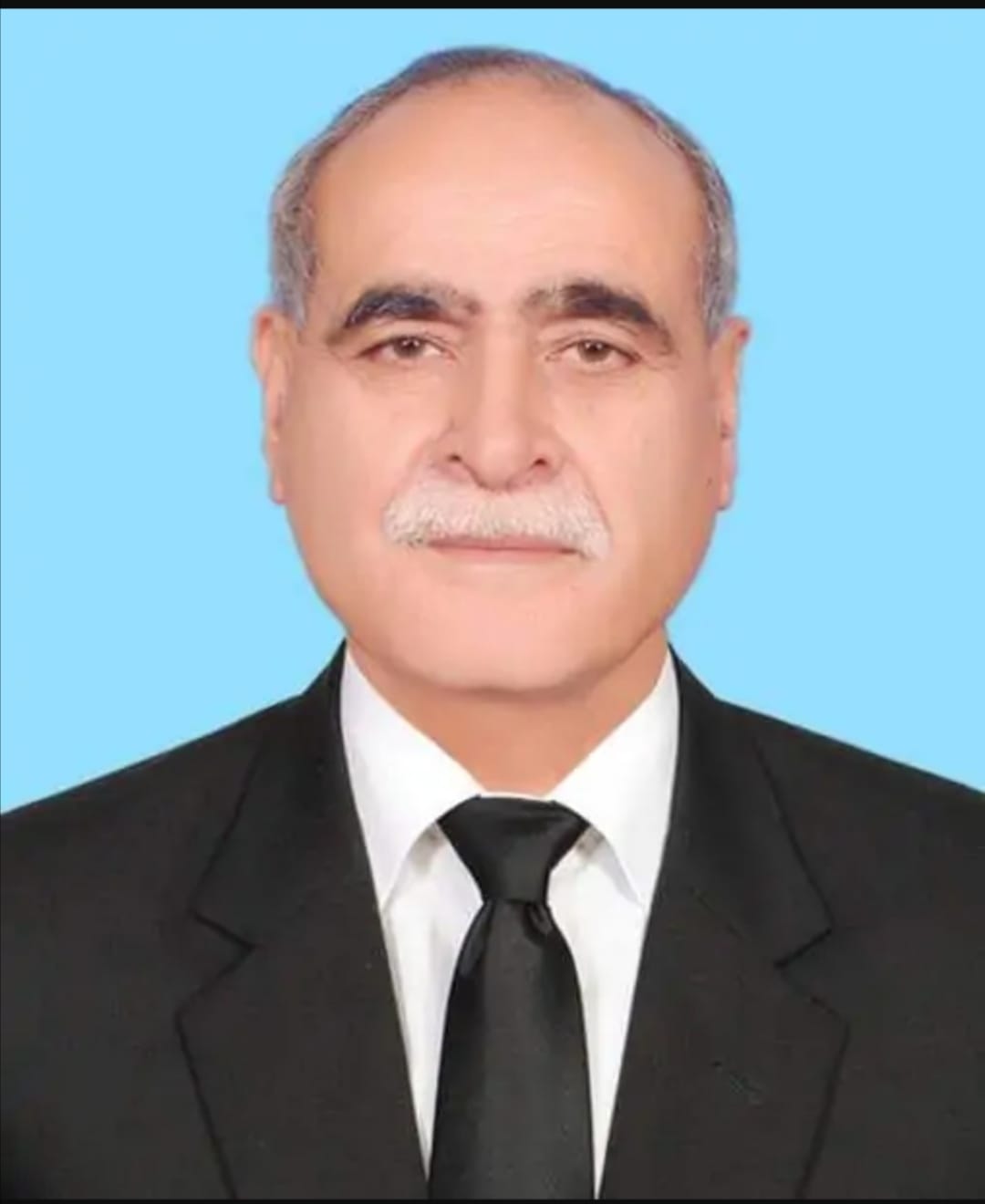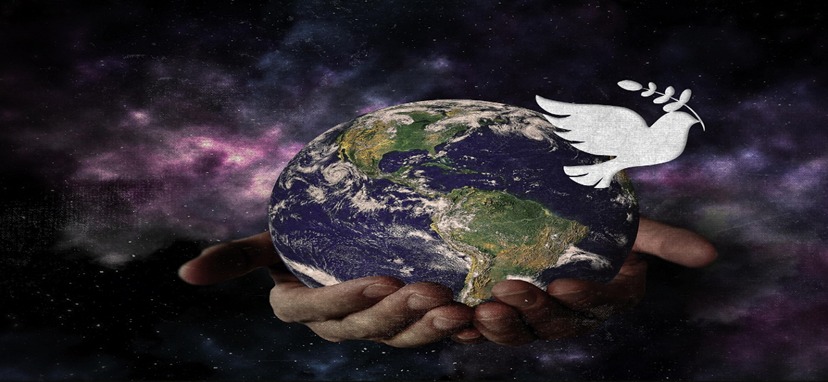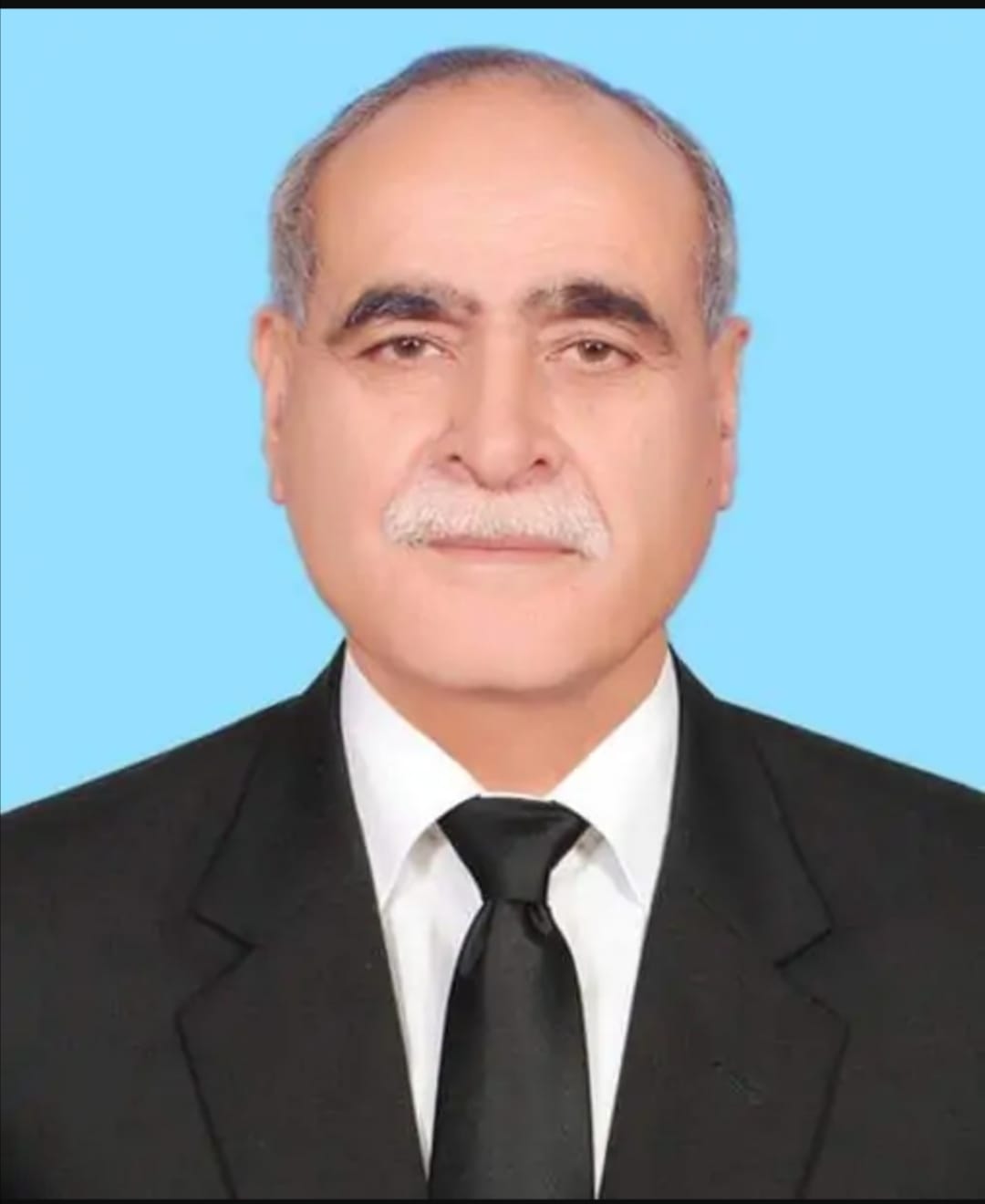July 19 Is Not Just a Date—It Is a Defining Commitment to Pakistan
Rawalpindi/Islamabad — Senior leader of Pakistan Muslim League (N), former member of the Azad Jammu and Kashmir Council, and former candidate for the AJK Legislative Assembly, Sardar Abdul Khaliq Wasi, has said that the July 19, 1947 resolution passed in Srinagar in favor of accession to Pakistan remains a shining testament to the national consciousness, Islamic affinity, and historic foresight of the Kashmiri people.
Speaking at a commemorative event on the occasion of Youm-e-Ilhaq Pakistan (Accession to Pakistan Day), he remarked that this resolution was not a product of emotional reaction or political haste, but rather a natural, ideological, and geographical necessity. “The people of Jammu and Kashmir announced their allegiance to Pakistan even before Pakistan appeared on the world map. That decision continues to define the core of our present struggle,” he said.
“We Want Pakistan, Not Autonomy”
He criticized the then princely elite for entertaining illusions of independence or neutrality to prolong Maharaja Hari Singh’s rule. “While the state elite hesitated, the people’s voice was clear: ‘We don’t want autonomy, we want Pakistan,’” Wasi asserted. He paid tribute to the political activists, ex-servicemen, and leaders from Poonch, Muzaffarabad, Mirpur, Kotli, Rajouri, and other areas who took to the streets representing the will of the people, even as a few self-interested actors attempted to delay history.
Wasi emphasized that the historic resolution was passed at the Srinagar residence of Sardar Muhammad Ibrahim Khan, then a member of the Praja Sabha. It was supported unanimously by the Muslim representatives—numbering around 21—while the public sentiment was even stronger and more enthusiastic.
Geography, Culture, and Faith Link Kashmir to Pakistan
He argued that Kashmir’s geography, culture, language, water resources, and above all, religious bond, clearly align it with Pakistan. “The July 19 resolution acknowledged these irrefutable ties and laid the foundation for the freedom movements in Azad Kashmir and Gilgit-Baltistan,” he added.
Referring to present-day Indian-occupied Kashmir, Wasi lamented the brutalities inflicted by Indian forces but praised the unwavering spirit of the youth. “Even today, Kashmiri martyrs are buried wrapped in the Pakistani flag. This is not just symbolism—it is living proof of a generational commitment to Pakistan.”
India’s Discrimination Further Validates the Accession
Wasi voiced grave concern over the growing marginalization of Muslims in India. “The socio-economic and religious discrimination has reached a point where even the right to live with dignity is denied. A recent case in Uttar Pradesh, where a Muslim street vendor was publicly humiliated, reflects the grim reality.” He added that such events reaffirm the legitimacy and foresight of the 1947 decision to accede to Pakistan.
False Promises of Secularism and Autonomy Rejected in 1947—and Again Today
Commenting on the re-emergence of slogans promoting autonomy, neutrality, or secularism, he warned that these are ideological traps laid by the enemy. “The same deceptive slogans were raised in 1947 but were decisively rejected by the people of Kashmir—and they deserve to be rejected again today.”
Kashmir’s Freedom is Inseparable from Pakistan
He declared that the Kashmir freedom movement is essentially a continuation of the accession to Pakistan movement. “The leaders who fought for Kashmir’s freedom were the foot soldiers of the Pakistan Movement. Therefore, any attempt to link Kashmir’s future to an alternative ideology or a so-called neutral status would be a betrayal of history.”
Call for a Renewed National Resolve
Sardar Wasi called upon the people and government of Pakistan to recommit to the ideals of July 19 with unity, faith, and determination. He urged Islamabad to make the Accession to Pakistan resolution a centerpiece of its diplomatic and state policy, and to raise it assertively on international platforms, including the United Nations.
“This resolution is not just a historic date; it is an unshakable decision—a dream of generations, sanctified by the blood of martyrs, and rooted in our ideological identity,” he said.
Lauds Pakistan’s Leadership for Defending Kashmir Cause
He praised the recent response of Pakistan’s civil and military leadership to Indian provocations. “The resolute stance of President of Pakistan, Prime Minister Shehbaz Sharif, PML-N Quaid Muhammad Nawaz Sharif, Foreign Minister Ishaq Dar, and Field Marshal Syed Asim Munir has crushed Indian ambitions and sent a loud and clear message to the world: Pakistan is a peace-loving nation, but it remains ever vigilant in defending its territorial and ideological frontiers.”
He added that, as a result, the Kashmir issue has re-emerged on the global stage as a flashpoint—and with God’s will, Kashmir will one day become an inseparable part of Pakistan. “Pakistan’s progress and stability are intertwined with the freedom of Kashmir, and the Kashmiri people’s right to self-determination will triumph, Insha’Allah.”




